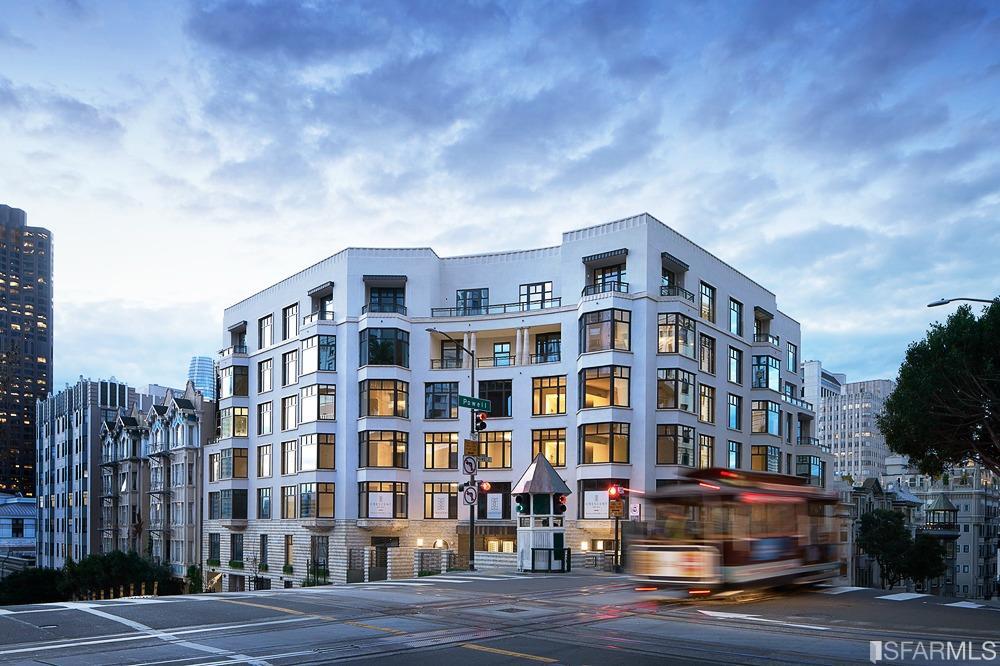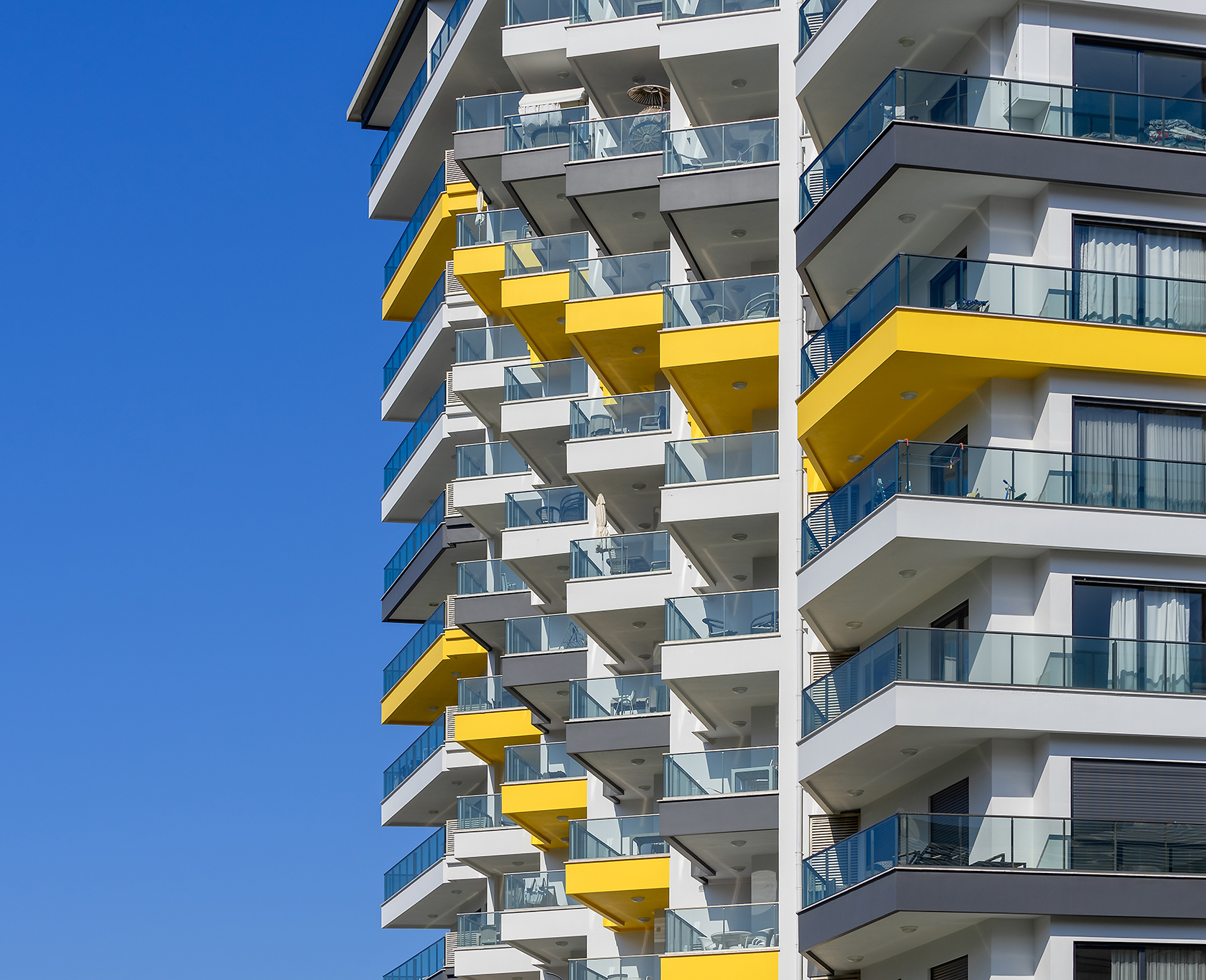How HOA Condo Living Enhances Community Engagement
How HOA Condo Living Enhances Community Engagement
Blog Article
The Duty of an HOA in Developing and Enforcing Area Standards for Locals
The duty of a Homeowners Organization (HOA) in imposing and developing community guidelines is fundamental to maintaining a natural and orderly domestic environment. By developing clear guidelines that control facets such as home upkeep and neighborhood conduct, the HOA not just establishes requirements for citizens however likewise cultivates a feeling of belonging and responsibility.
Understanding House Owners Organizations
Homeowners associations (HOAs) work as governing bodies for property areas, playing an important role in keeping property worths and promoting a feeling of community. Generally created by designers, HOAs are composed of property owners within a designated area that choose a board to manage the association's activities. The key functions of an HOA consist of imposing community rules, handling usual locations, and organizing area events.
HOAs operate under a collection of regulating papers, consisting of limitations, covenants, and conditions (CC&R s), which detail the rights and obligations of house owners. These policies intend to ensure that buildings are maintained to a specific requirement, thereby safeguarding the aesthetic charm and overall worth of the neighborhood. Additionally, HOAs typically gather fees from homeowners to fund upkeep, landscaping, and other neighborhood solutions.
The visibility of an HOA can significantly influence the living experience within a neighborhood (hoa condo). While some citizens appreciate the organized setting and facilities supplied, others might discover certain regulations restrictive. Stabilizing the interests of all home owners is crucial for an HOA to operate properly, making certain that it serves its desired purpose of boosting community living while appreciating specific home owner civil liberties
Developing Community Standards

To begin, an HOA must perform studies or hold conferences that enable locals to voice their problems and tips. This participatory procedure fosters a sense of ownership and increases conformity. Next off, the HOA board should analyze the comments to identify common themes and priorities that require formal addition in the standards.
It is likewise important to make sure that the guidelines are clear, concise, and quickly understood. Uncertainties can lead to disputes and misunderstandings, threatening the purpose of the guidelines. The standards must be comprehensive, covering different facets of neighborhood living, consisting of home upkeep, noise levels, and usage of common locations.
Enforcement of Rules
Reliable enforcement of community regulations is essential for maintaining order and making certain that all locals adhere to the established standards. An HOA has to carry out a structured strategy to apply these policies, which commonly entails a mix of monitoring, communication, and charges for non-compliance.
First, regular examinations and neighborhood patrols can help identify offenses, ensuring that guidelines are constantly applied across the neighborhood. This aggressive monitoring permits the HOA to address problems before they escalate, promoting a feeling of liability among homeowners.
Second, clear communication is essential. Residents should be informed of the policies and the procedures for reporting offenses. An open line of communication urges citizens to voice problems and look for information on standards, this link which can boost compliance.

Last but not least, when infractions take place, the HOA has to implement repercussions as detailed in the governing files. This might include advising letters, penalties, or, in serious situations, lawful action. It is essential that penalties are used relatively and continually to maintain trust fund within the area. By successfully imposing guidelines, an HOA can cultivate a harmonious living setting that shows the collective worths of its citizens.
Advantages of HOA Laws
Countless benefits emerge from the implementation of HOA regulations, which offer to boost the top quality of life within a neighborhood. One main advantage is the upkeep of home values. By imposing criteria for appearances and maintenance, HOAs make certain that homes and typical locations continue to be attractive, cultivating a desirable living environment that can bring about raised residential property worths over time.
In addition, HOA regulations advertise consistency and uniformity within the community. This comprehensibility in style and upkeep aids to develop a sense of belonging amongst citizens, adding to community satisfaction and a favorable atmosphere. Developed standards help with conflict resolution amongst neighbors by offering clear assumptions and protocols for habits, thus decreasing disagreements.
One more significant benefit is the arrangement of shared amenities and solutions. Numerous HOAs take care of community facilities such as parks, clubhouses, and pools, which enhance entertainment possibilities for locals. These features not only boost the high quality of life however also urge social communication.
Inevitably, the policies established forth by an HOA grow an efficient, harmonious area, making sure that citizens delight in a high standard of living while fostering an encouraging setting for all property owners.
Common Difficulties Encountered by HOAs
Among the benefits that home owners associations (HOAs) can supply, they Visit Website likewise come across a variety of obstacles that can hinder their performance. Lots of property owners may not participate in conferences or area tasks, leading to a separate between the HOA board and citizens.
Disagreements can arise when homeowners continue reading this really feel that enforcement is inconsistent or biased, possibly leading to problems within the community. In addition, HOAs usually face monetary restrictions, which can restrict their ability to keep common areas or fund community projects.
In addition, browsing legal intricacies can be intimidating for HOAs. Altering demographics and evolving community needs require HOAs to adapt their guidelines, frequently meeting resistance from enduring homeowners who are accustomed to typical standards.
Final Thought

By formulating clear regulations that regulate aspects such as building maintenance and neighborhood conduct, the HOA not only sets requirements for residents yet likewise cultivates a sense of belonging and accountability.Homeowners associations (HOAs) offer as controling bodies for domestic areas, playing a critical function in preserving residential or commercial property worths and fostering a feeling of area. Lots of property owners might not get involved in conferences or area activities, leading to a detach between the HOA board and residents. Advancing and altering demographics community needs call for HOAs to adapt their standards, often meeting resistance from enduring locals that are accustomed to standard standards. Through the advancement of clear regulations and constant enforcement, HOAs promote residential property maintenance, area pride, and count on among locals.
Report this page